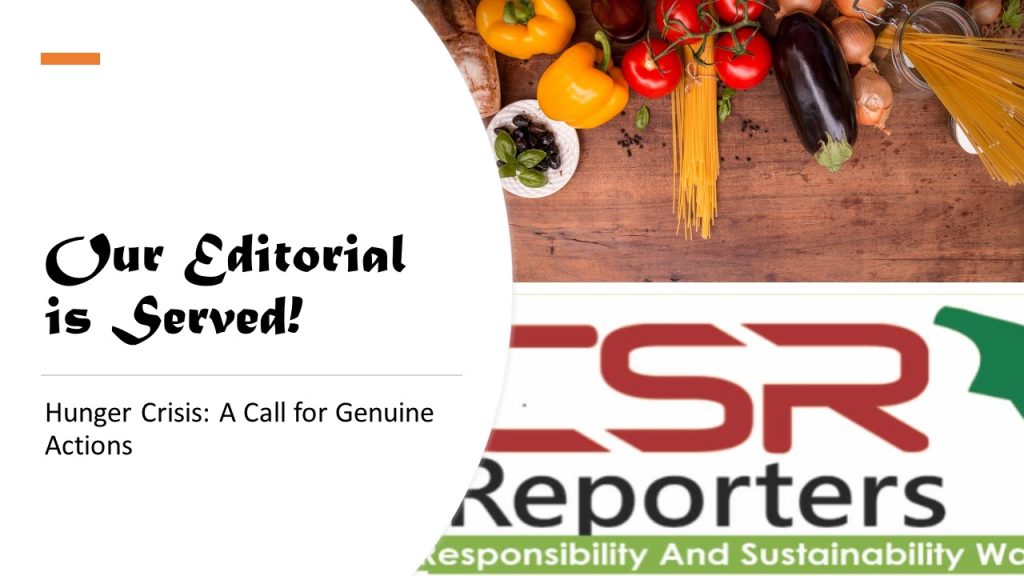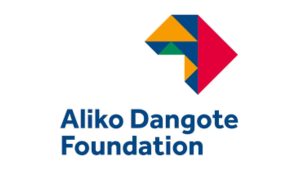
Hunger Crisis: A Call for Genuine Actions
Exactly 1,380 days have passed since the #EndSARS protests at Lekki Tollgate in Lagos, where youths were met with brutality, gunfire, and dispersal by soldiers.
Today, under the aegis of the Take It Back Movement, Nigerian youths are once again poised to voice their grievances, this time against the escalating hunger and poor governance plaguing the nation. As the cost-of-living crisis deepens under President Bola Tinubu, with food prices, petrol, and electricity tariffs skyrocketing, the cries of the citizens have grown louder and more desperate.
The gravity of the situation is starkly illustrated by the National Bureau of Statistics, which reported a record food inflation rate of 40.87 percent in June. The United Nations has issued a dire warning that by 2030, 82 million Nigerians—about 64 percent of the population—could face hunger unless the government takes immediate action to address climate change, pest infestations, and other agricultural threats. Compounding these issues is the persistent insecurity in the North, where Boko Haram insurgency and banditry have severely restricted farmers’ access to their land.
These existential threats have fostered a palpable sense of national frustration, igniting the spark for the planned protests. Amidst this backdrop, President Tinubu’s administration announced a media campaign, culminating in a national address on August 4th.
However, the president’s speech, widely perceived as empty rhetoric, failed to deliver the concrete solutions that the nation so desperately needs. Instead of offering actionable plans, it was filled with political promises and platitudes, doing little to assuage the anguish of a population struggling to afford basic necessities.
CSR REPORTERS confirms this situation demands urgent and sincere attention from the presidency. The Nigerian people have laid bare their hunger problems and myriad challenges through their placards and protests. It is imperative that the government moves beyond superficial promises and takes decisive action to resolve these issues. Addressing hunger and economic hardship is not just a political responsibility but a moral imperative.
CSR principles emphasize the importance of stakeholder engagement, transparency, and accountability. The presidency must heed these principles by genuinely listening to the grievances of the Nigerian people and implementing policies that directly alleviate their suffering. This means taking immediate steps to stabilize food prices, reduce tariffs on essential services, and enhance support for the agricultural sector to boost productivity and ensure food security.
Furthermore, it is crucial to address the root causes of insecurity that hinder farmers from accessing their lands. The government must bolster its efforts to combat insurgency and banditry, providing a safe environment for agricultural activities. This will not only enhance food production but also restore livelihoods and foster economic stability in affected regions.
The presidency should also prioritize comprehensive climate action plans to mitigate the impact of climate change on agriculture. This includes investing in sustainable farming practices, improving pest control measures, and supporting research and innovation in the agricultural sector. By doing so, the government can build a resilient food system that can withstand future shocks and ensure long-term food security.
The current national angst reflects a deep-seated frustration with the government’s failure to address pressing issues of hunger and economic hardship.
The presidency must rise to the occasion, moving beyond empty rhetoric to deliver tangible results. It is only through genuine action and steadfast commitment to resolving the problems laid out by the protesters that the government can restore hope and confidence among the Nigerian people.
We urge the presidency to act now, addressing the hunger crisis with the urgency and seriousness it deserves, and steering the nation towards a future where every Nigerian has access to the basic necessities of life.








